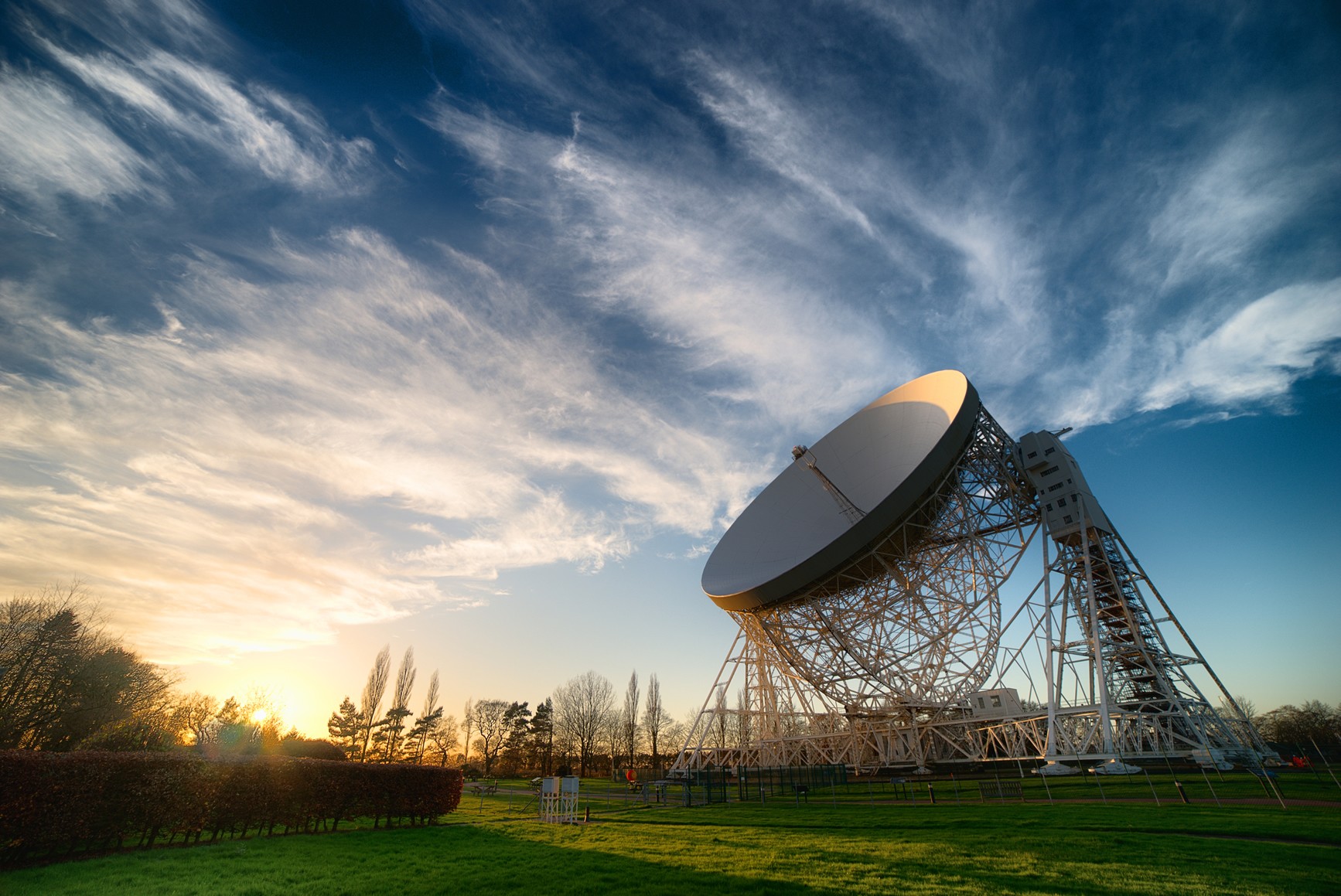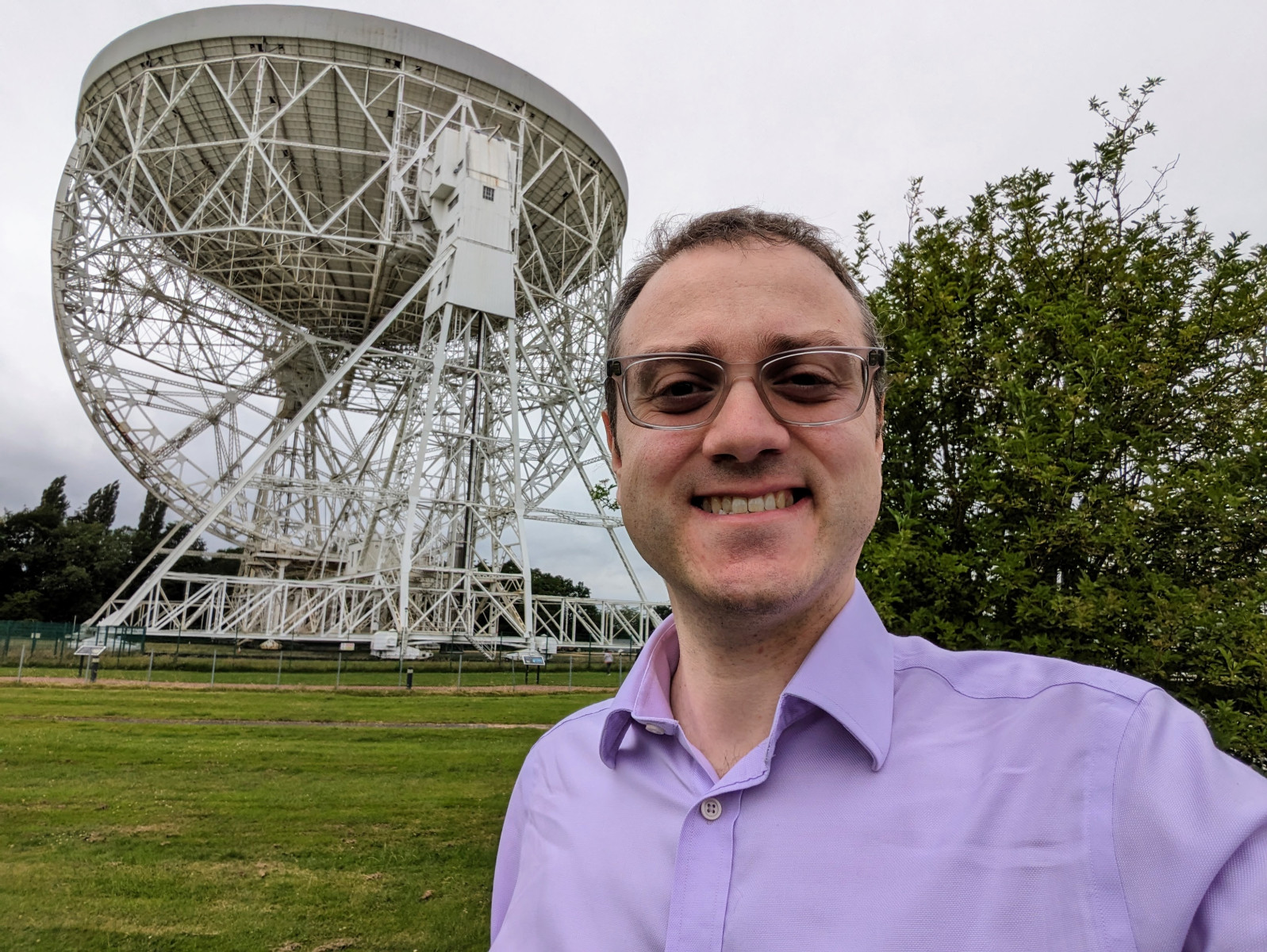University celebrates two prestigious astronomy awards

Researchers at The University of Manchester are celebrating after receiving two prestigious awards from the Royal Astronomical Society (RAS).
Cosmologist Dr Steve Cunnington has been awarded the Early Career Award for early achievement in astronomy. This award is presented to individuals in a UK institution whose career has shown the most promising development within five years of completing their PhD.
Dr Cunnington began working at the Jodrell Bank Centre for Astrophysics at The University of Manchester in 2022. His research focuses on using radio telescopes to map our Universe’s structure across billions of light years. Through this, clues about phenomena such as dark matter and dark energy are revealed, and we can gain a better understanding of how gravity behaves.
Dr Cunnington said: “I am very passionate about my research and am thrilled that the Royal Astronomical Society is highlighting it. There is a long list of inspirational scientists who have won this award in previous years, and I see it as a challenge to continue the prestigious legacy.”
As for what is next for Dr Cunnington’s research, he said: “I am involved in the preparations for the SKA Observatory (SKAO), set to be the largest radio telescope ever constructed. The SKAO precursor, MeerKAT, is already operational and was used to validate our novel mapping technique. We are now making further progress with MeerKAT mapping volumes of the Universe hundreds of times larger than before.”

Dr Michael Keith, Lecturer in Astrophysics at Jodrell Bank is also the recipient of a Royal Astronomical Society Award. Dr Keith is part of the European Pulsar Timing Array (EPTA) which has won a Group Award, given in recognition of an outstanding achievement made by a large consortium of academics.
The EPTA is a multinational European collaboration between scientists from over ten institutions. It unites collaborators of different nationalities and backgrounds, and encourages and supports early career researchers, resulting in an egalitarian and diverse team structure.
By bringing together the efforts and resources of multiple scientists and six large radio telescopes (including the Lovell Telescope at Jodrell Bank), the EPTA monitor pulsars, which are used to detect gravitational waves from supermassive black hole binary systems in distant galaxies.
In 2023 the EPTA published the first seen evidence of ultra-low-frequency gravitational waves; their findings stemmed from observations made over 25 years.
Each year the RAS recognise significant achievement in the fields of astronomy and geophysics through many awards, medals and prizes, encompassing different types of talent from research to education and outreach.




